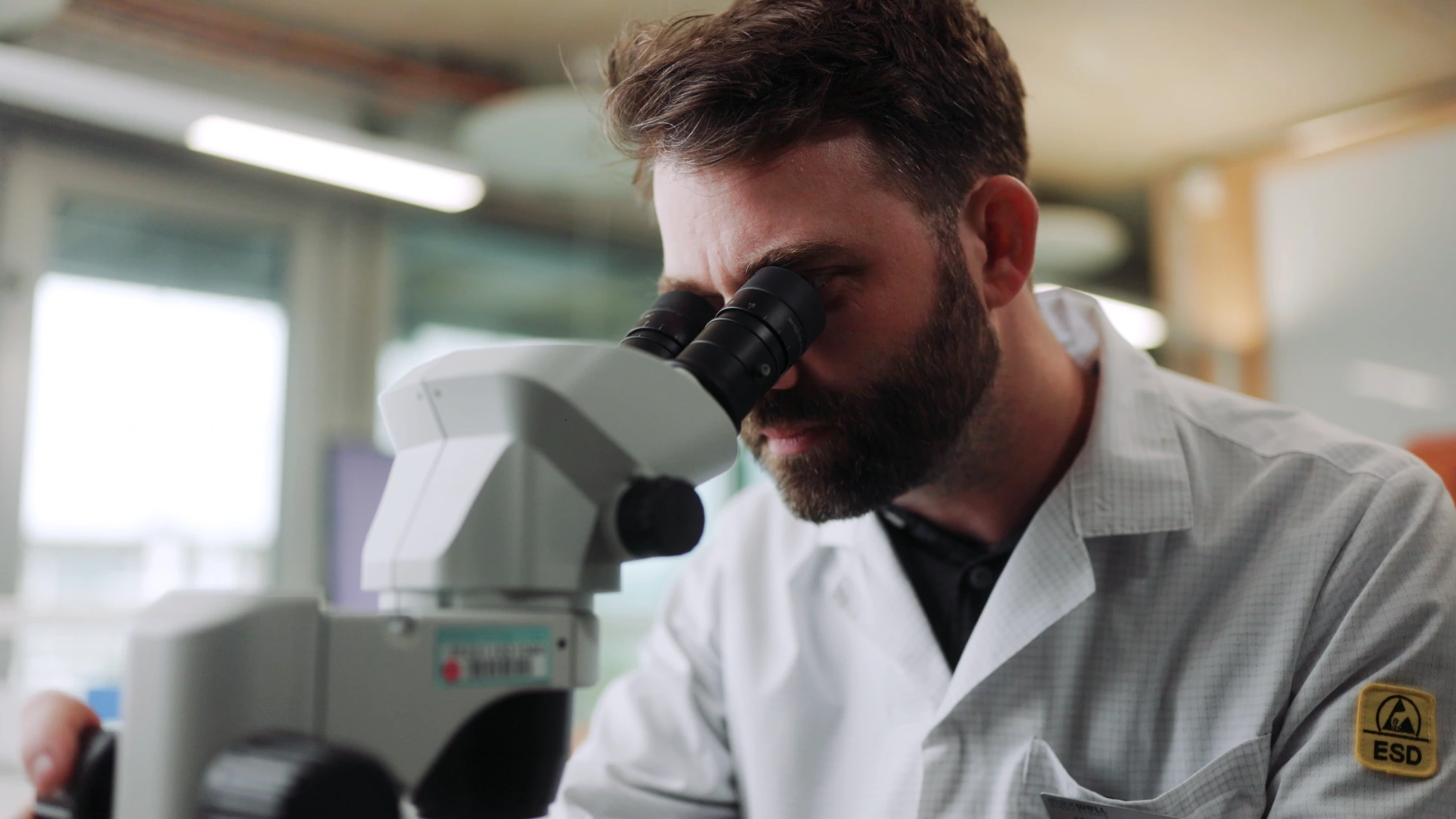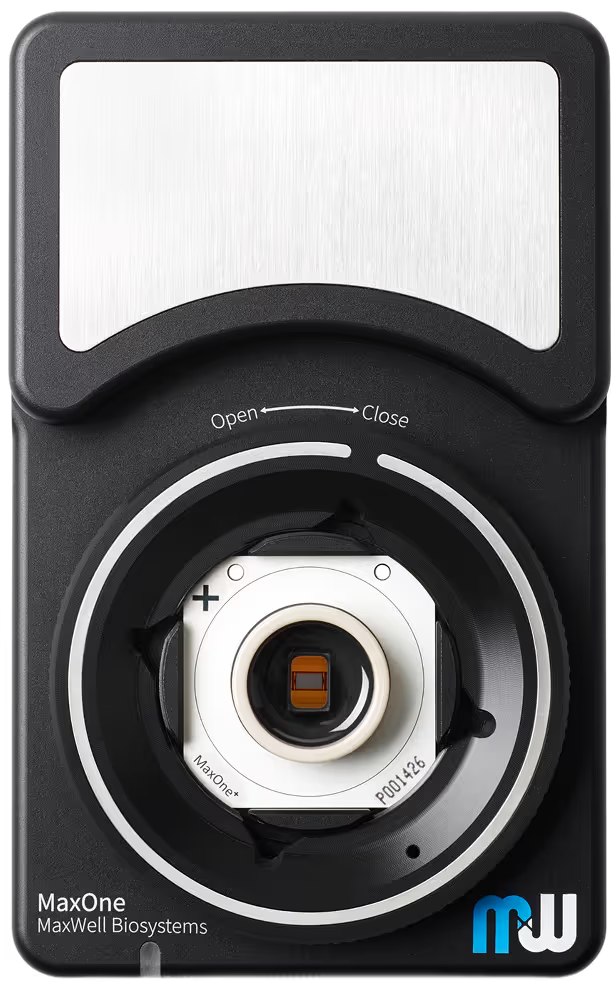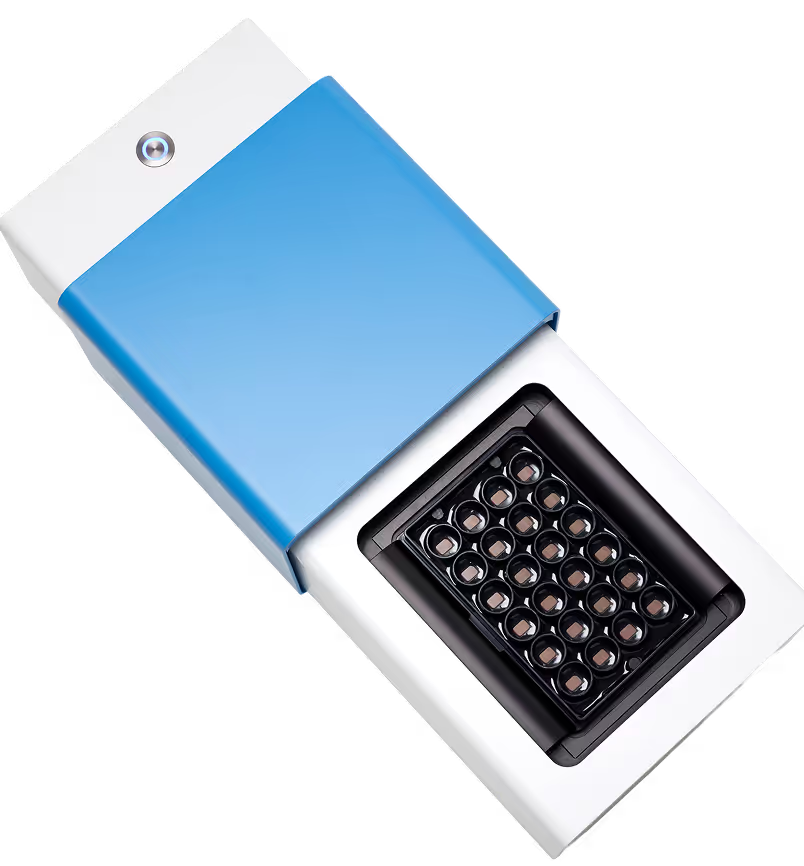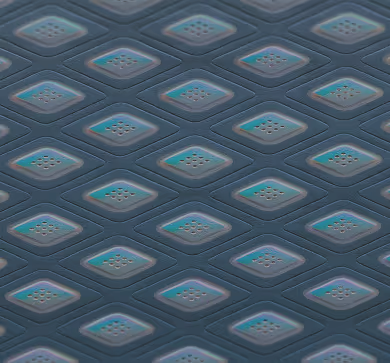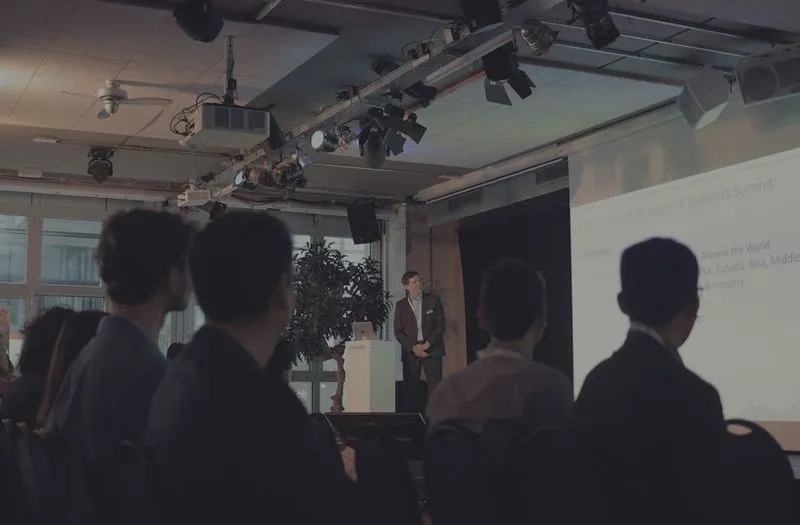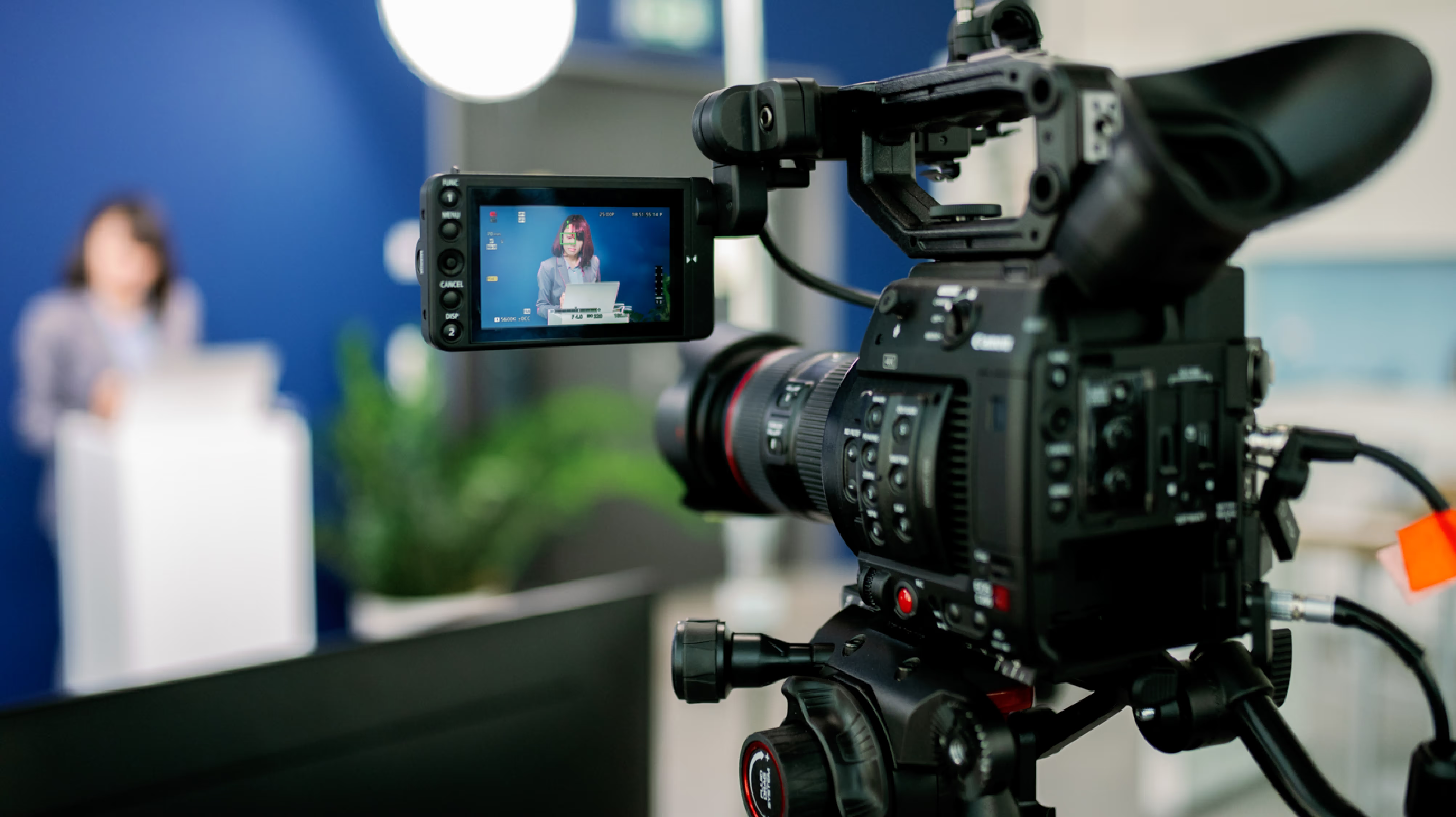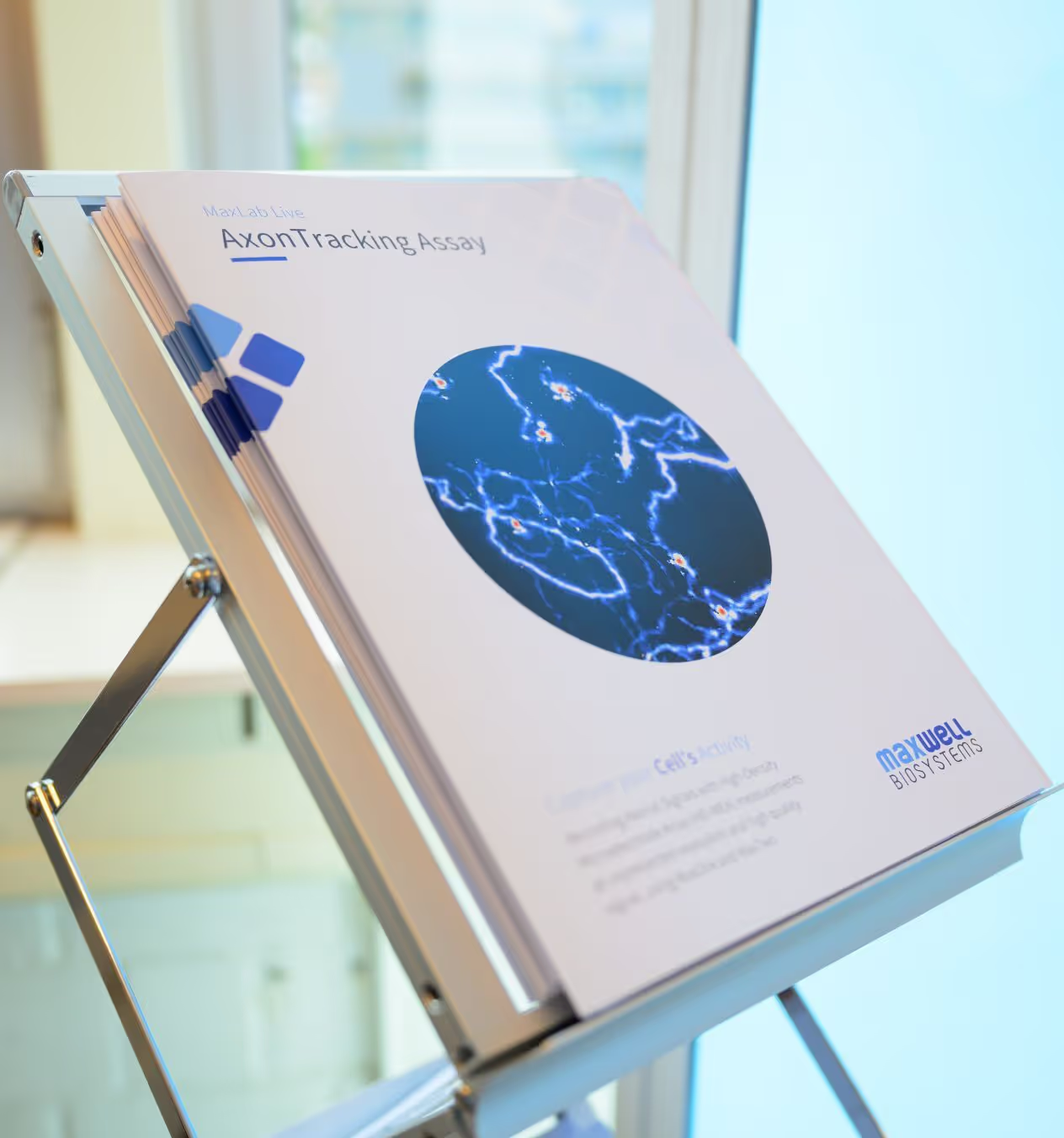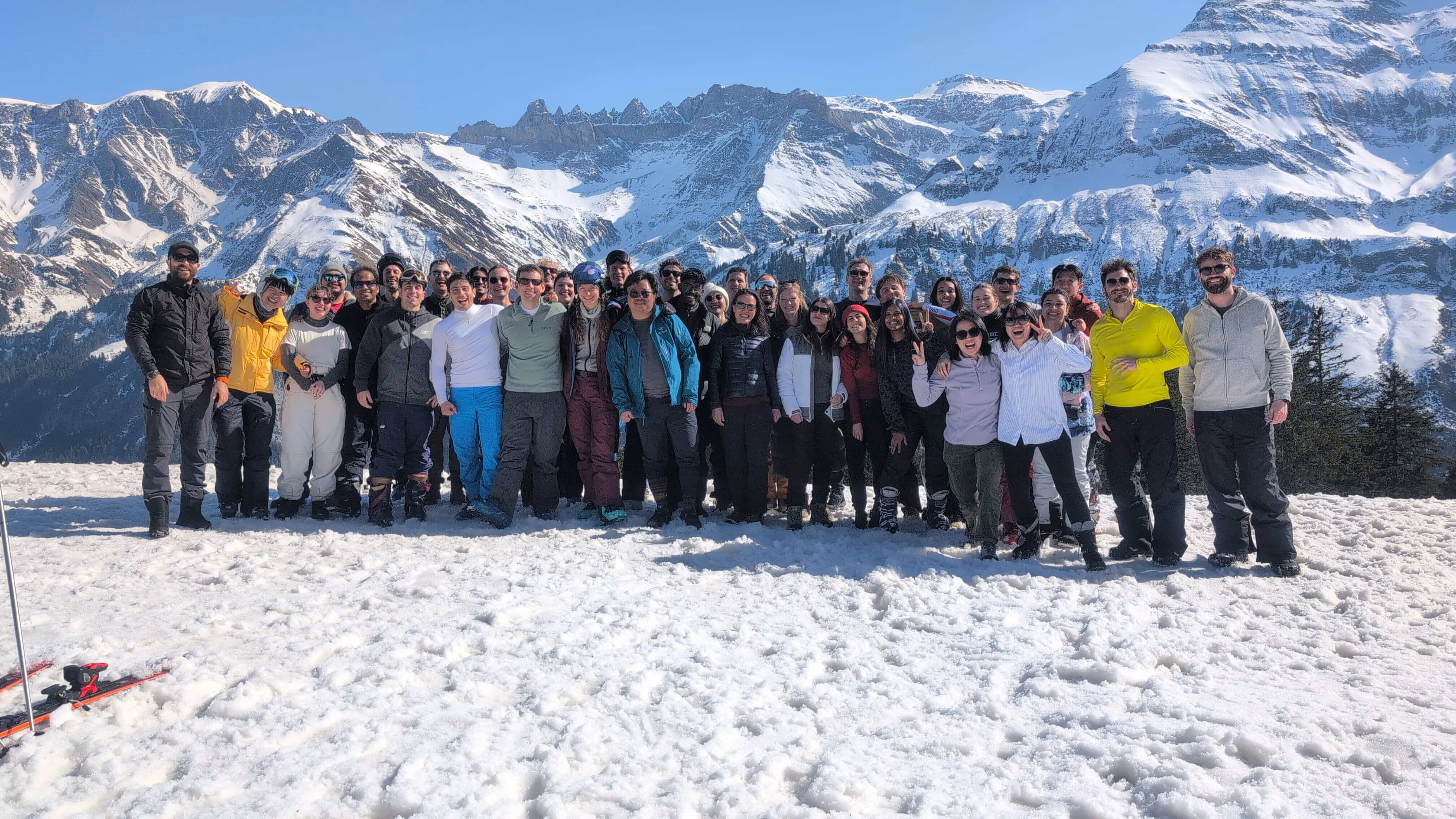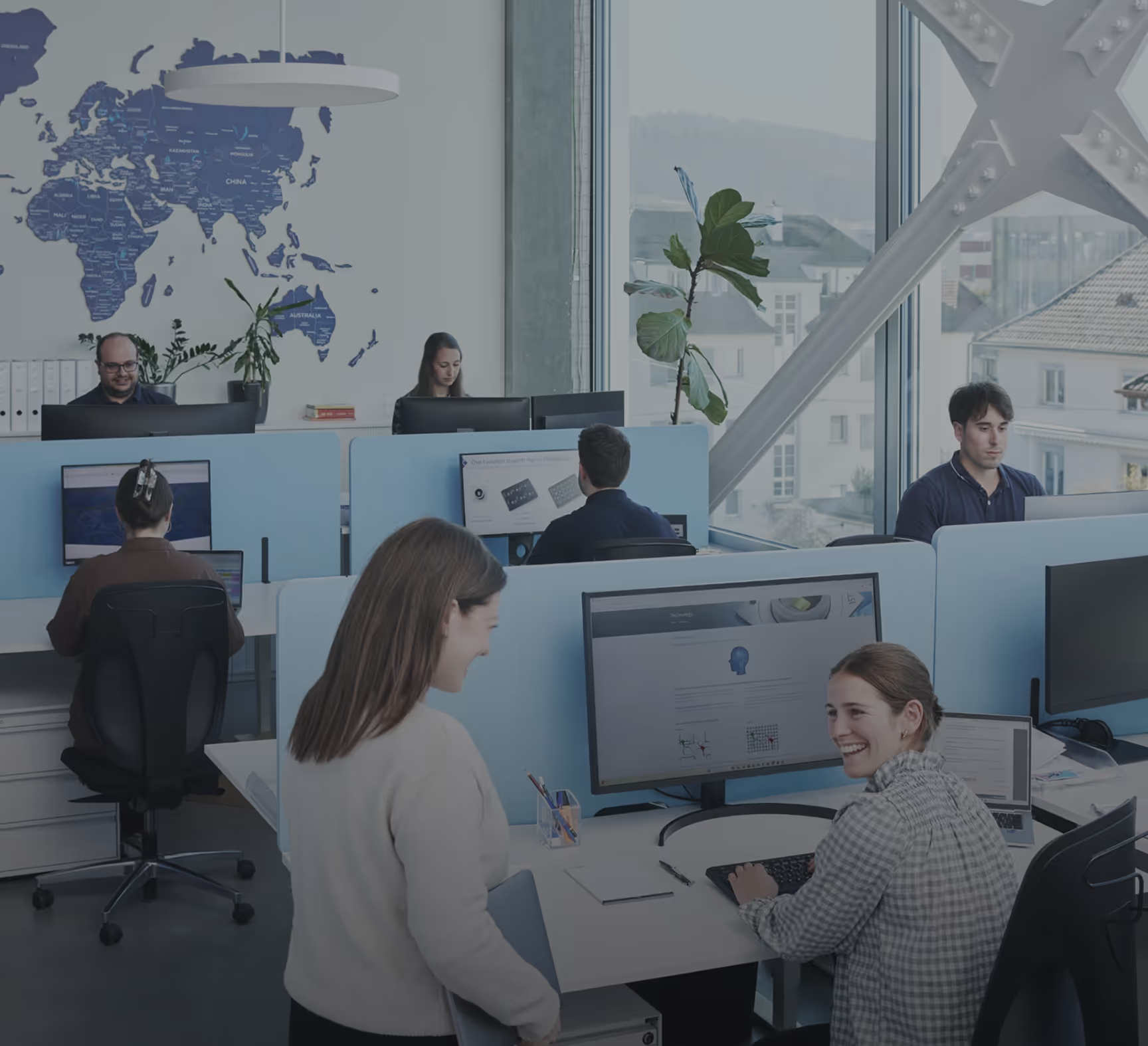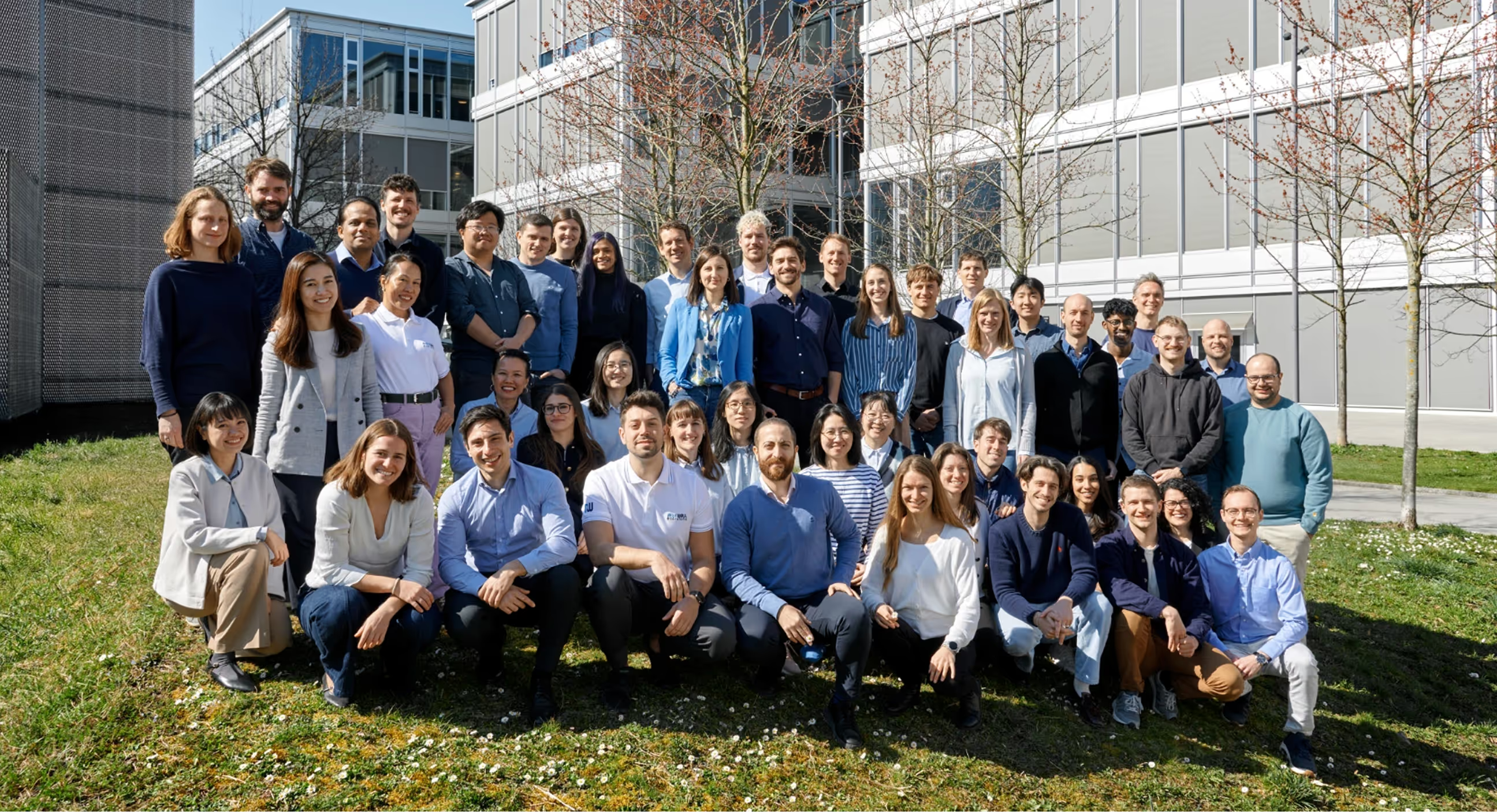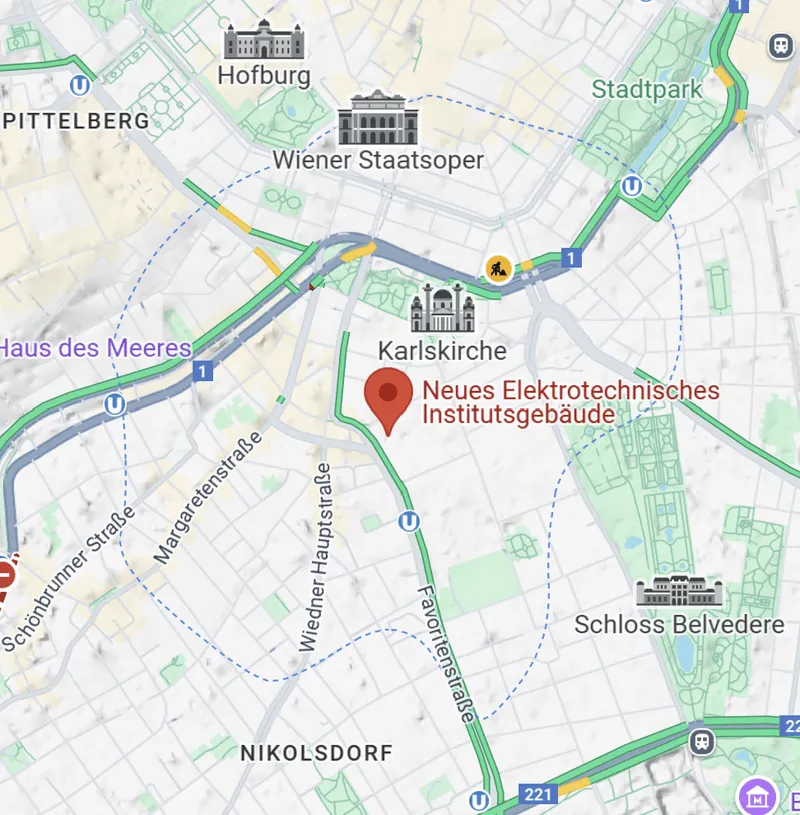MxW Symposium
(User Meeting) 2025
A One-Day Event of Breakthrough Discovery and Meaningful Community Exchange
Join us on
July 8th in Vienna!
As a global leader in the HD-MEA field, we are beyond excited to welcome back the MEA Meeting this year in beautiful Vienna. To celebrate this special occasion, we are thrilled to announce our MxW Symposium (User Meeting) at the MEA Meeting, taking place on July 8th.
This event is designed to bring our community together for an insightful day of exchange, networking, and groundbreaking science.
Join us for captivating scientific talks from leading experts, a series of innovative flash talks, and the latest breakthroughs in neuroengineering and 2D/3D modeling. Afterward, relax and network with fellow MxW community members at our social event, offering a perfect opportunity to connect and unwind!
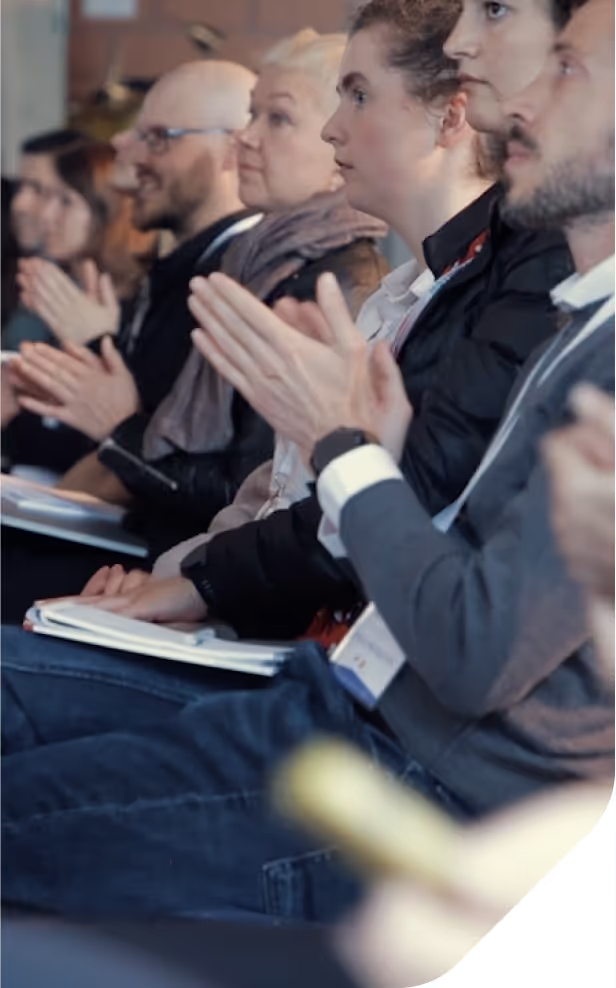
Speaker Lineup
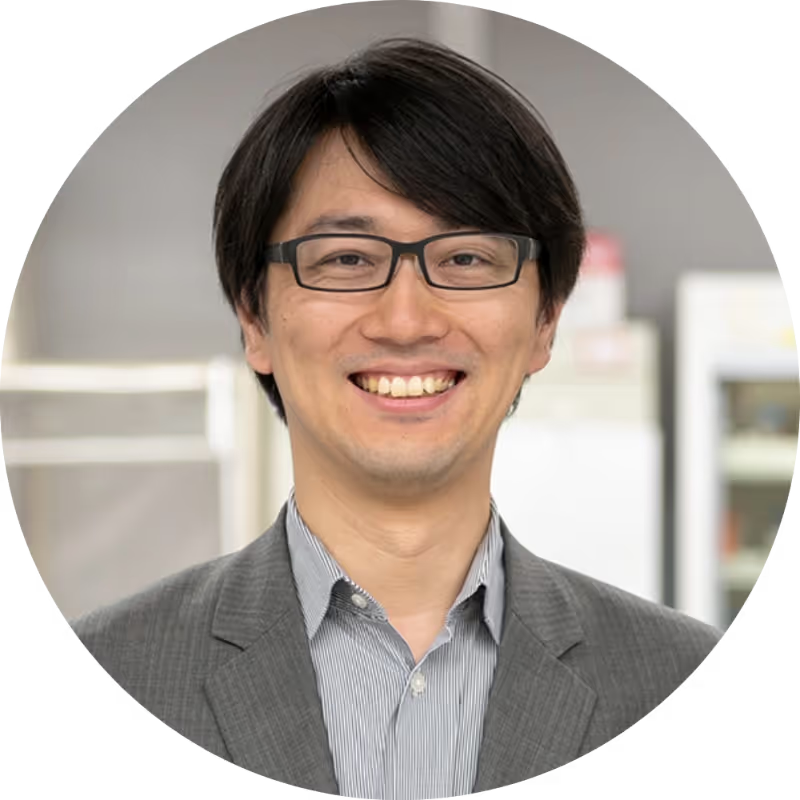
After finishing Ph.D. study on RNA modifications at The University of Tokyo, Prof. Dr. Yoshiho Ikeuchi conducted post-doctoral research in molecular and cellular neuroscience at the Harvard Medical School and Washington University, St. Louis until 2014. After returning to Japan, he has been conducting research on functional interrogation and engineering of neural organoids at the Institute of Industrial Science, The University of Tokyo.
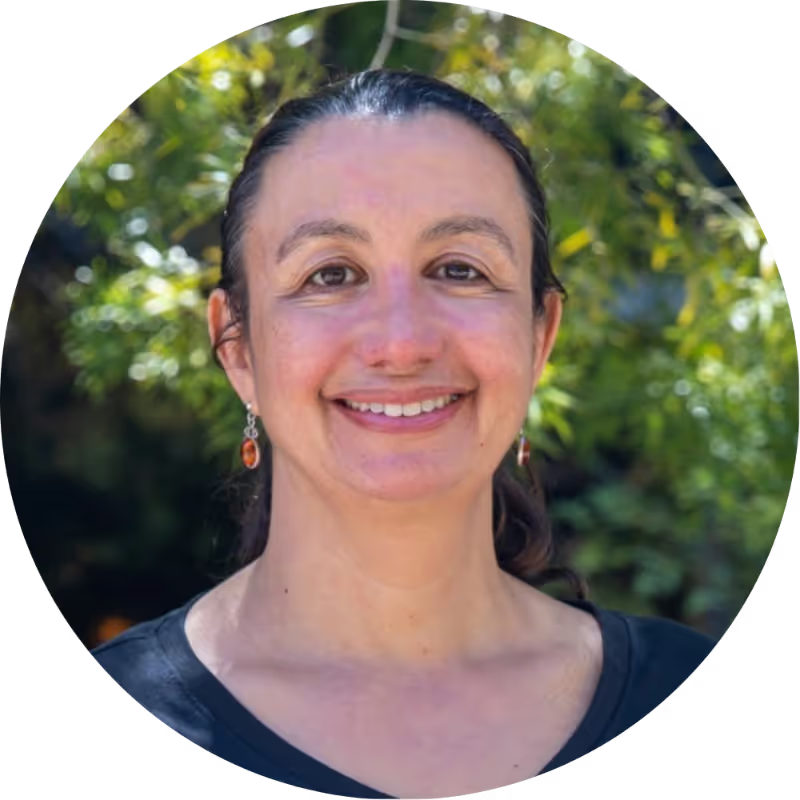
Sofie Salama is a Professor at the University of California, Santa Cruz with appointments in Molecular, Cell & Developmental Biology and Biomolecular Engineering. Her lab studies how recent human genome evolution impacts brain development, function and disease using human and ape organoid models. She directs the Genomics Institute’s Center for Live Cell Technologies, a NIH/NHGRI Center for Excellence in Genomics Sciences. She works closely with Professor Teodorescu on the multi-institutional Braingeneers project aimed at developing technologies for improved brain organoid models and longitudinal phenotyping.
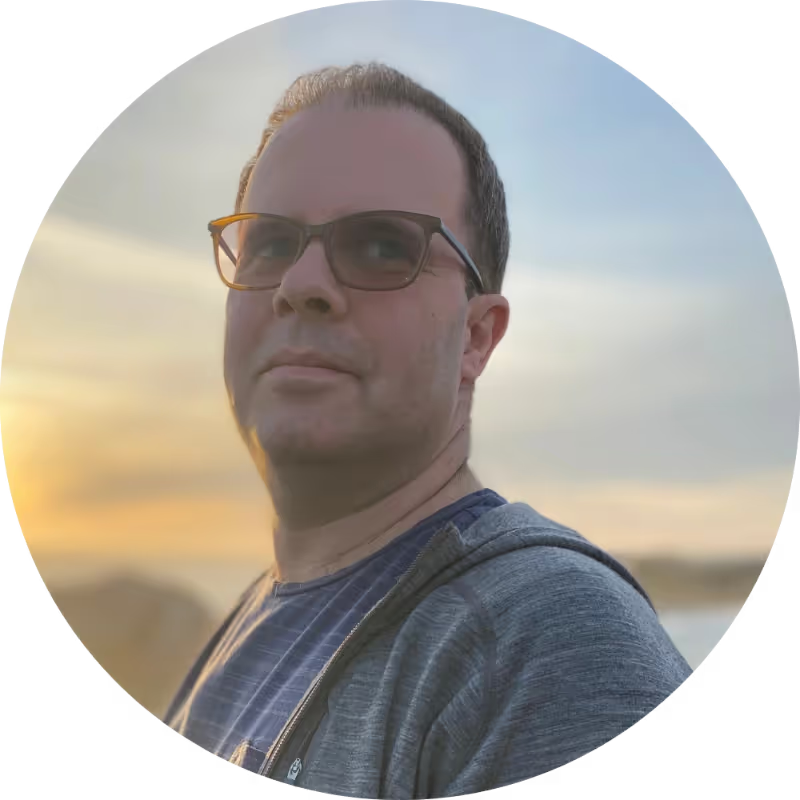
Mircea Teodorescu is an Associate Professor at the University of California, Santa Cruz, with appointments in Electrical and Computer Engineering, Biomolecular Engineering, and as Director of Bioelectrical Engineering at the UCSC Genomics Institute. His lab develops scalable in vitro platforms for neuroscience by integrating microsystems engineering, real-time biological data acquisition, and neural tissue modeling. Combining principles from mechanical, electrical, and computer engineering, his team addresses challenges in biomolecular engineering, biomechanics, and assistive technology through mathematical modeling, embedded systems, rapid manufacturing, and advanced sensing.
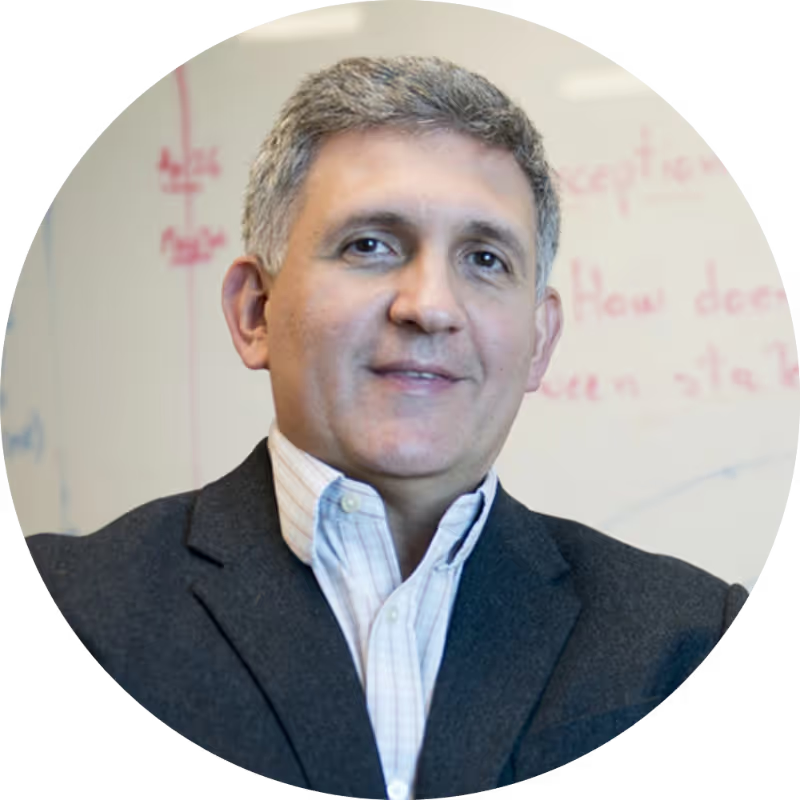
Julio Martinez-Trujillo is a full professor in the Department of Physiology and Pharmacology at Western University’s Schulich School of Medicine & Dentistry, and a scientist at the Robarts Research Institute. He holds the Provincially Endowed Academic Chair in Autism, with a research focus on the neurophysiology of memory and Autism Spectrum Disorders. He earned his MD from the University of Havana in 1991, completed a residency in Clinical Neurophysiology at the Cuban Neuroscience Center, and later obtained both his MSc and PhD in Neurobiology from the University of Tübingen in Germany. Following a postdoctoral fellowship in neurophysiology and computational neuroscience at York University in Canada, he served as an Associate Professor and Canada Research Chair in Neuroscience at McGill University before joining Western University in 2014 as a full professor. Dr. Martinez-Trujillo leads the Cognitive Neurophysiology Laboratory, which investigates neural circuits involved in memory and cognitive control using electrophysiology, neuroimaging, and brain models derived from stem cells. His work has significantly contributed to our understanding of neural circuits function in the brain during health and disease.
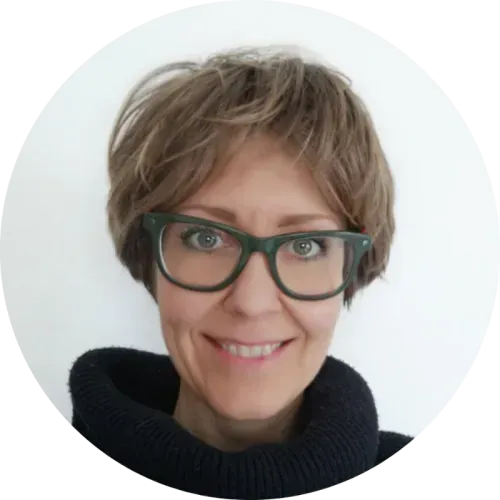
After a Ph.D. focusing on materials science, Dr. Elisabetta Colombo’s research activity first developed in academia (Department of Electrical Engineering, University of Ulm, Germany) to move then to the private sector at the R&D of an Italian company (GEM Elettronica, Italy). With the skills she acquired, she shifted her career to neuronal interface development, inspired by IIT’s technology research vision, and eventually moved to the Center for Synaptic Neuroscience in Genoa, Italy. The interdisciplinary nature of her expertise ranges from physics to in vitro and in vivo electrophysiology and neural interfaces, giving her a strong motivation for the development of reliable technological tools that can finally have an impact on the bio-medical community. In particular, in the last 10 years she focused on the development of photosensitive neural interfaces for the recovery of central nervous system disorders. Among these, two project are representing the basis of her AIRC proposal. One is related to a novel closed-loop chemooptogenetic nanomachine composed of a luciferase-based light generator, a fluorescent sensor of intracellular pH (E2GFP), and an optogenetic actuator able to silence neuronal hyperactivity in vitro and in an in vivo model of focal epilepsy (A. Merolla et al., Nat. Commun. 15 5609 (2024), corresponding author). The second project is based on an optoporation photochromic molecule able to partition in the cell membrane, modulate their activity upon illumination to eventually cause poration and cell death (M. Pfeffer et al., ACS Nano, 18 12427 (2024), co-last author).
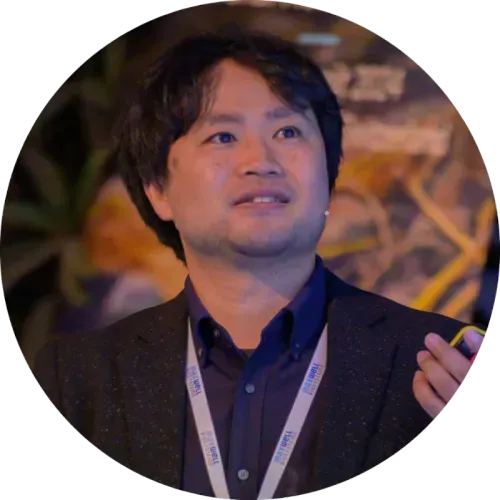
Kenta Shimba is an Associate Professor at the Mathematical Biology and Bioengineering Laboratory, Graduate School of Frontier Sciences, The University of Tokyo. He received his Ph.D. from the University of Tokyo under the supervision of Prof. Yasuhiko Jimbo. After working as a postdoctoral researcher at Tokyo Institute of Technology, he joined the Graduate School of Engineering at the University of Tokyo as an Assistant Professor. He currently holds his position at the Graduate School of Frontier Sciences. His research interests include microdevice fabrication and method development for studying axon physiology and network interactions.
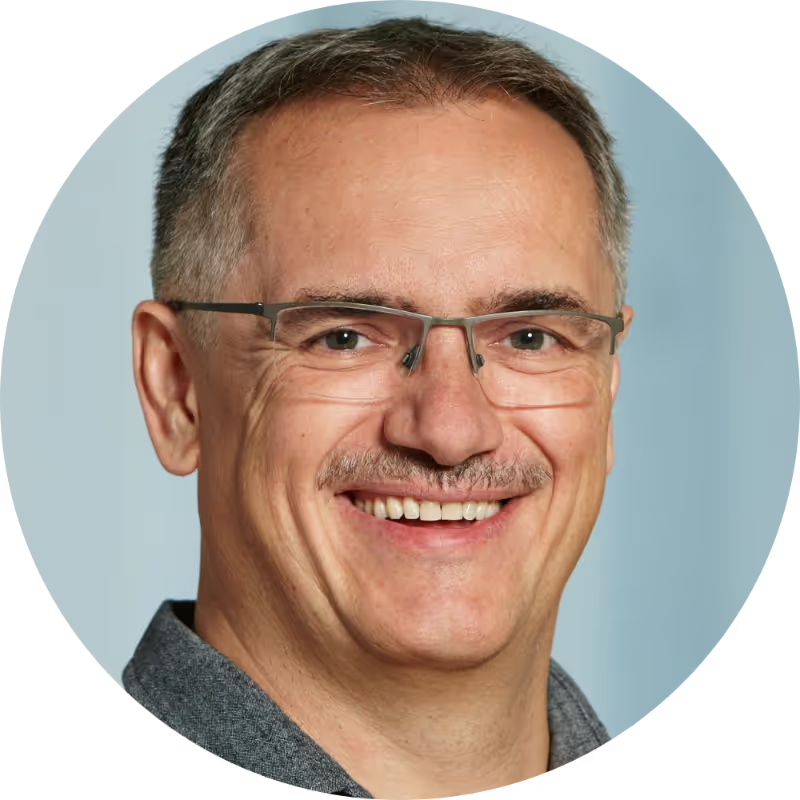
János Vörös is a Professor in the Institute for Biomedical Engineering of the University and ETH Zurich (Department for Information Technology and Electrical Engineering) heading the Laboratory for Biosensors and Bioelectronics since 2006. János Vörös has studied Physics at the Eötvös Loránd University in Budapest. After receiving a diploma in Physics in 1995, he was a doctoral student at the Department of Biological Physics of the Eötvös University (in collaboration with Microvacuum Ltd.) where he received his PhD in Biophysics in 2000. Since 1998 he was a member of the BioInterface group in the Laboratory for Surface Science and Technology at the Department of Materials of ETH Zurich as visiting scientist, postdoc, and from 2004 as group leader of the Dynamic BioInterfaces group until 2006. Prof. Vörös is interested in research and teaching in the areas of bioelectronics, biosensors, and neuroscience. His group focuses on the development of novel biosensor techniques for diagnostics and single molecule sequencing; on bottom-up neuroscience; as well as on stretchable biohybrid electronic devices.
Scientific
Topics
Neural Stem Cells
and Organoids
Brain
Development
Disease Modeling
and Drug Discovery
Cutting-Edge
Neuroengineering
Advanced Electrophysiology
Techniques
Computational
Neuroscience
Program
Details
MaxWell Biosystems, Switzerland
of Brain Organoids
Yuki Miyahara | The University of Tokyo, Japan
Dr. Camilla Bosone | Neurolentech, Austria
Torben W. van Voorst | VU Amsterdam, The Netherlands
Yusaku Yamagishi | The University of Tokyo, Japan
TU Wien’s Faculty of Electrical Engineering
The conference will take place at the TU Wien’s Faculty of Electrical Engineering located in Gußhausstraße 27-29, 1040 Wien.

Travel
Within Vienna, the conference venue is easily accessible by public transport:

Ready to unwind after an inspiring morning at the MxW Symposium (User Meeting) 2025?
Danube Boat Cruise

Best of all? It’s included in the registration fee for all MxW Symposium participants!
Don’t miss this amazing opportunity to create new memories, build lasting connections, and enjoy a well-deserved break. Spots are limited, registration will come soon, stay tuned and set sail with us!
During the tour, indulge in a delightful standing lunch on board, the perfect way to recharge and enjoy a glass of wine while taking in the views. Marvel at Vienna’s stunning skyline, historic landmarks, and charming riverside neighborhoods, all from the comfort of the boat!
%201.avif)
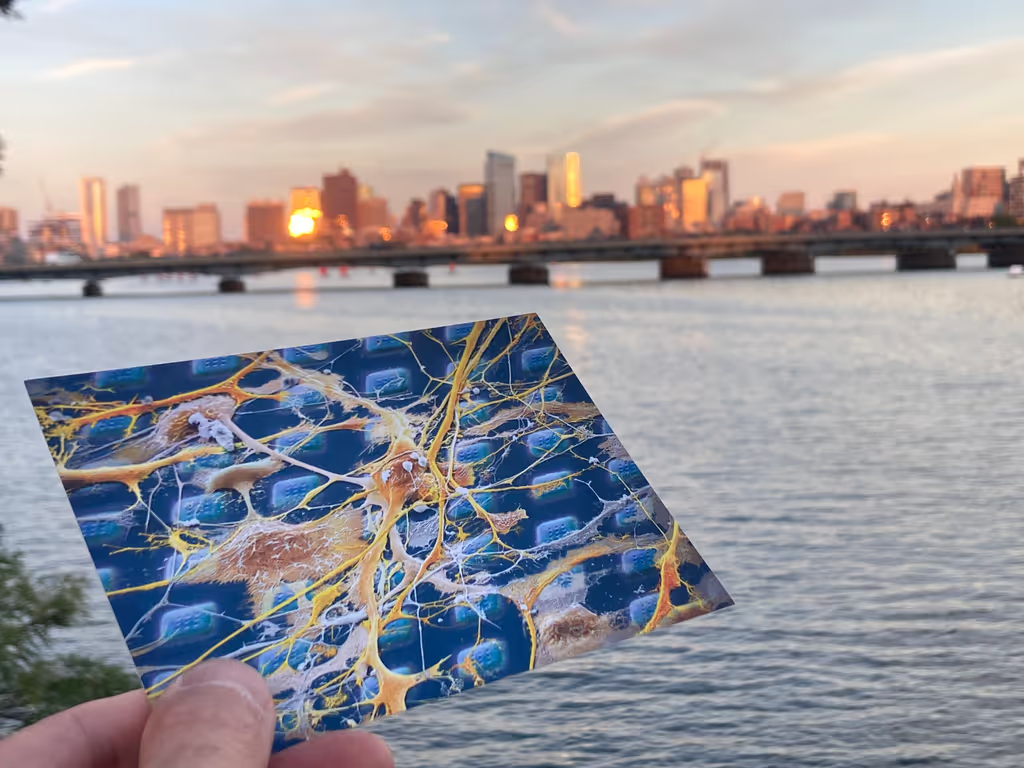

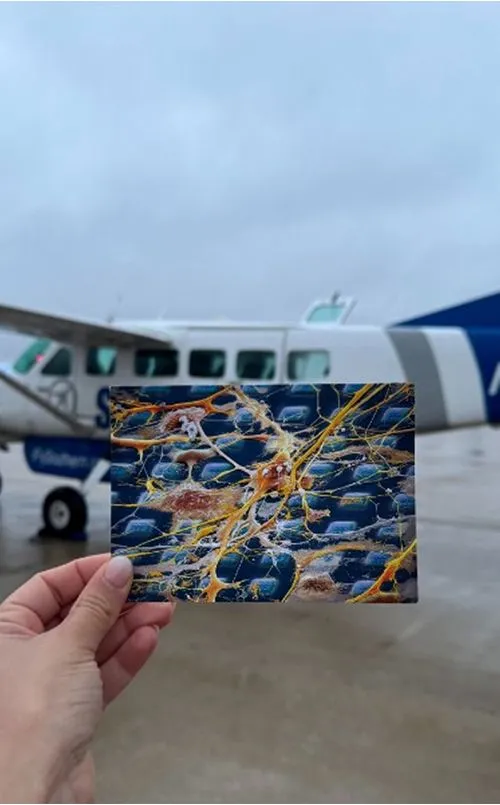
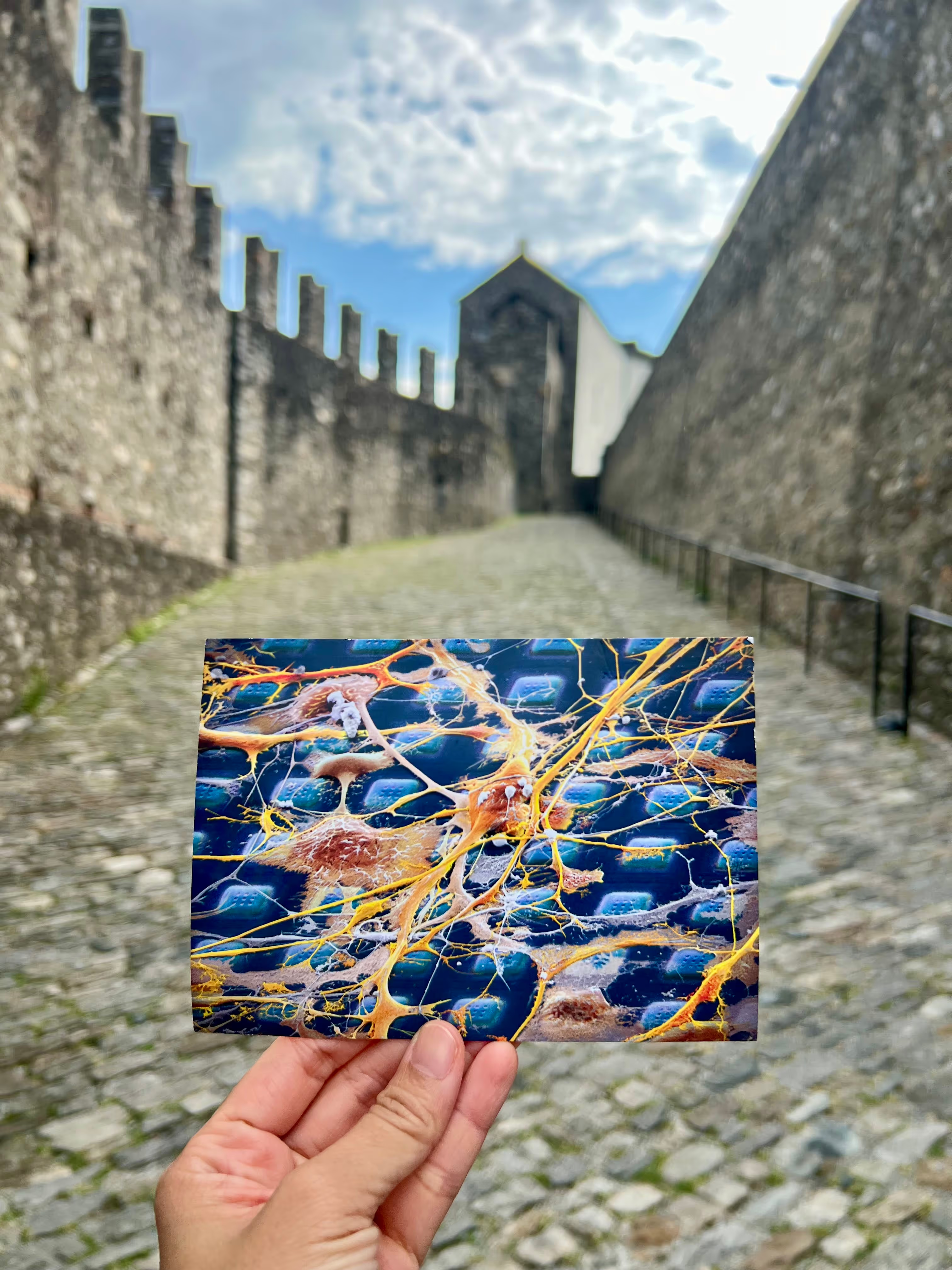
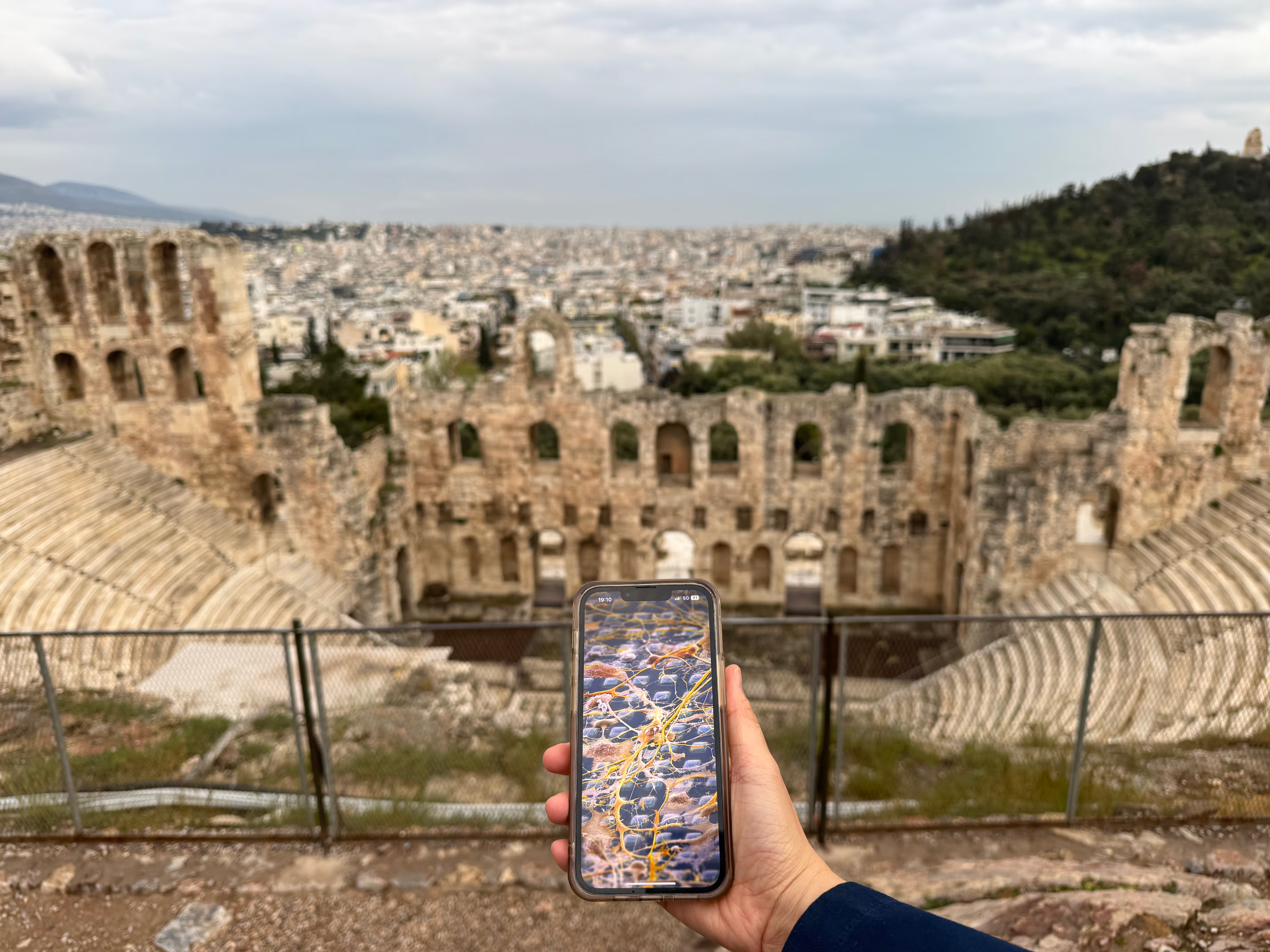
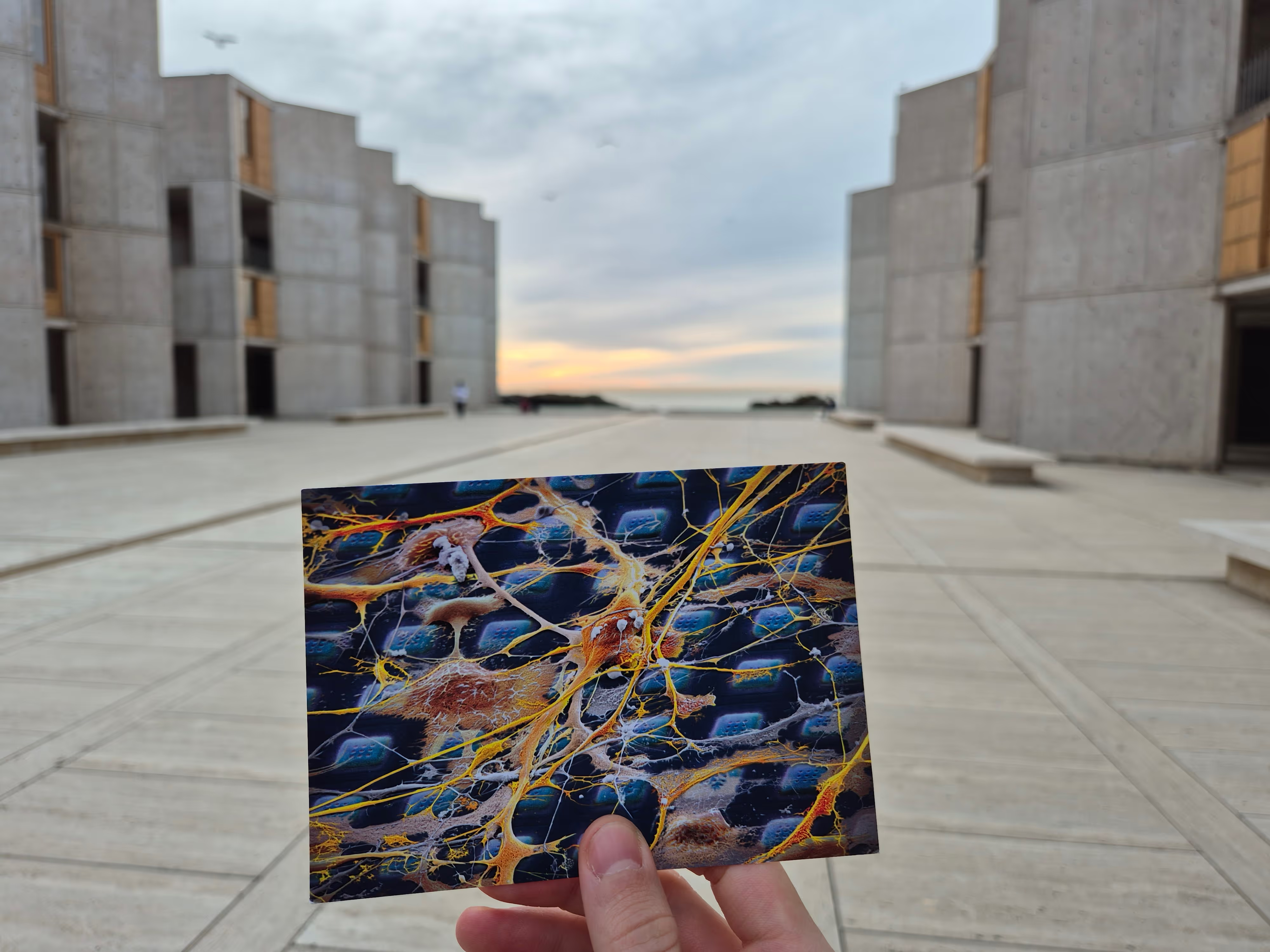
Past MxW Symposiums
and Summits
Explore some highlights from previous years’ MxW Symposiums and Summits.
MxW Symposium
Boston 2024

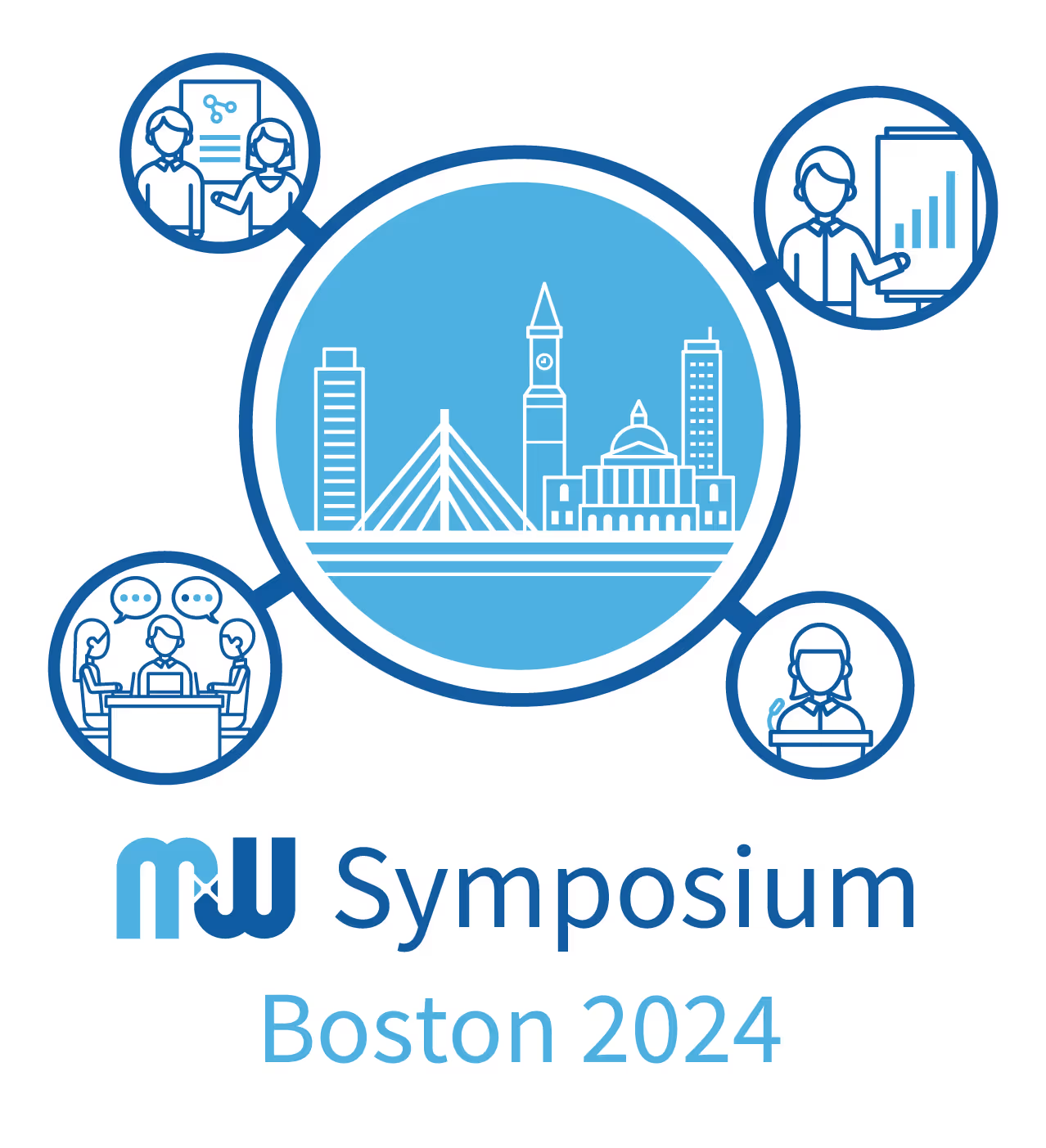
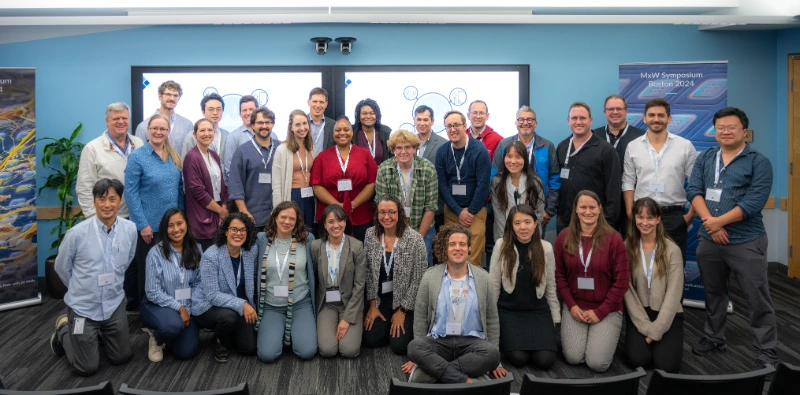
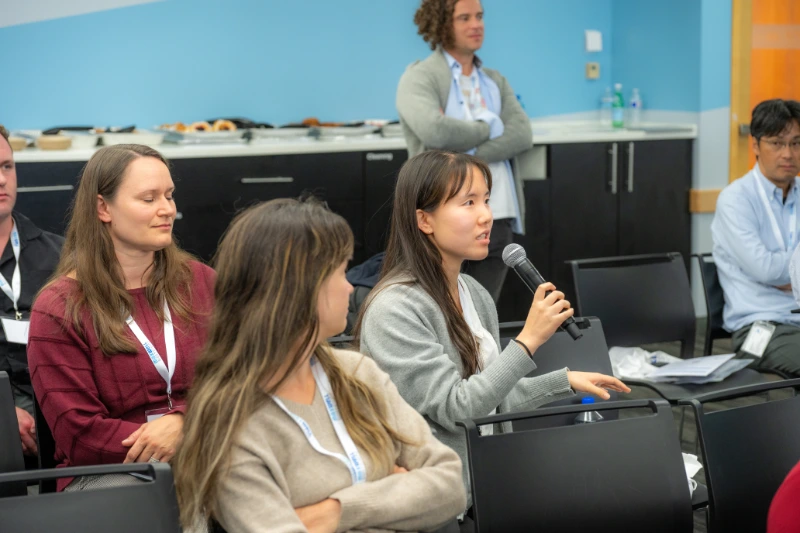
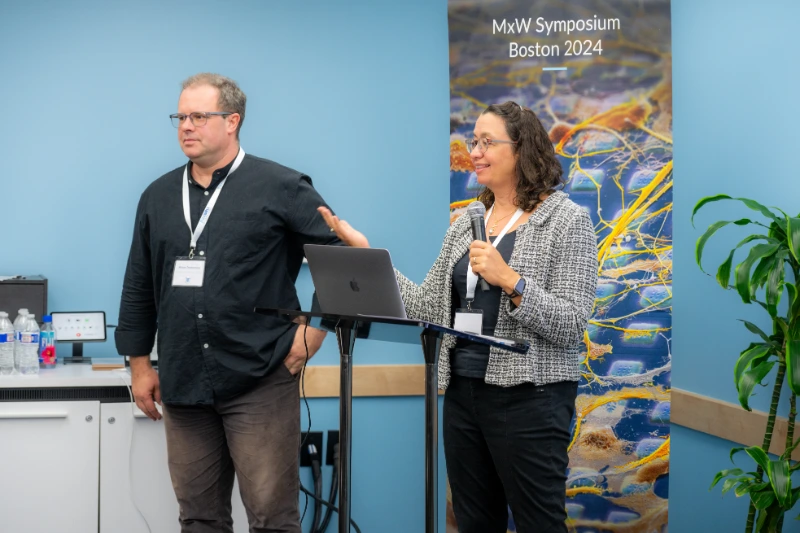
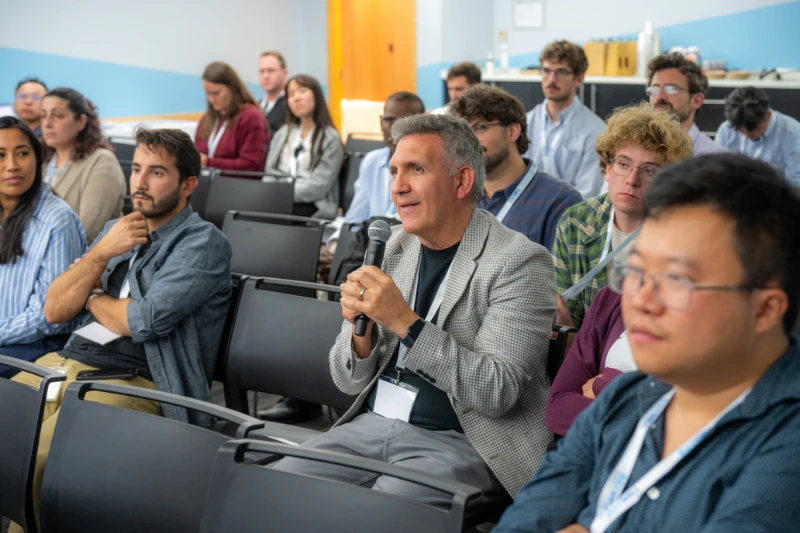
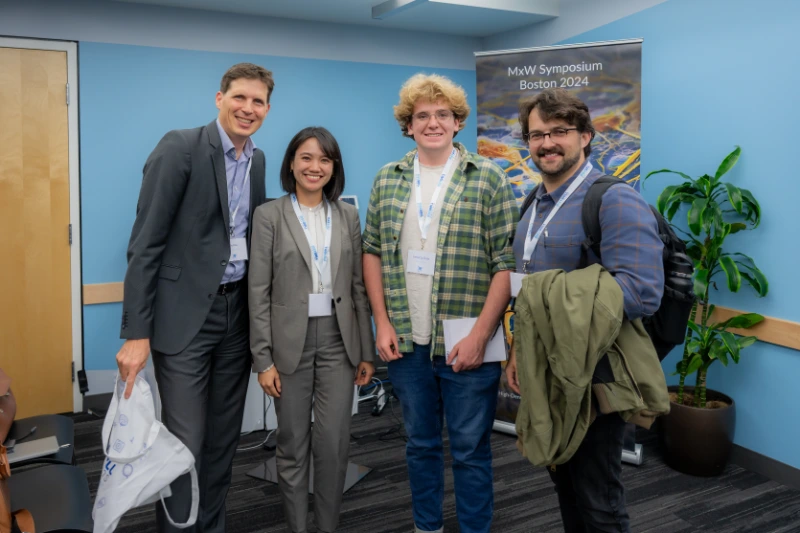
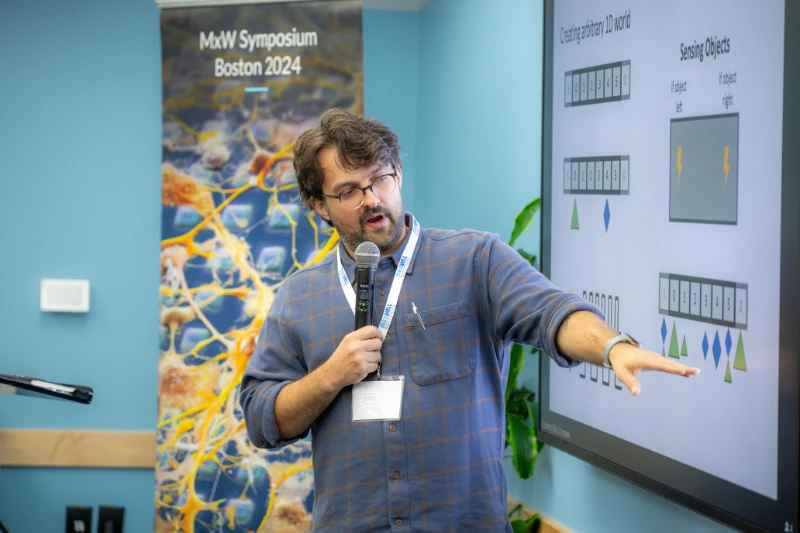

MxW Summit
2024


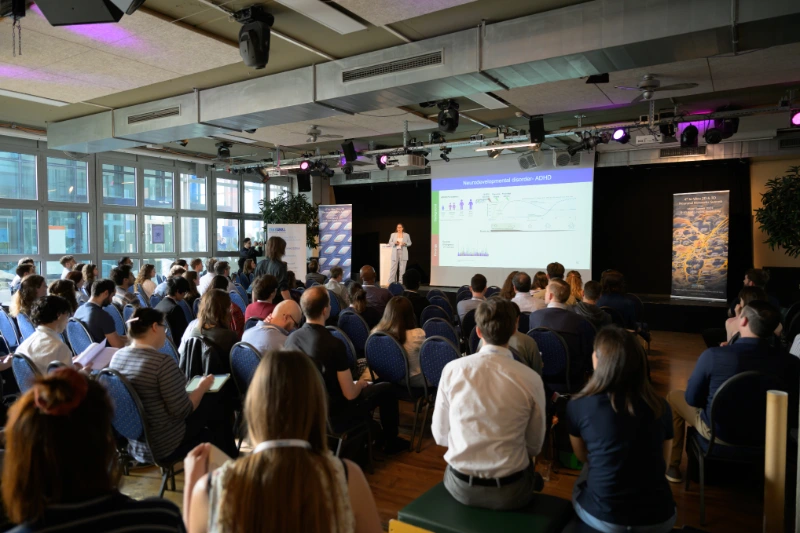
.webp)
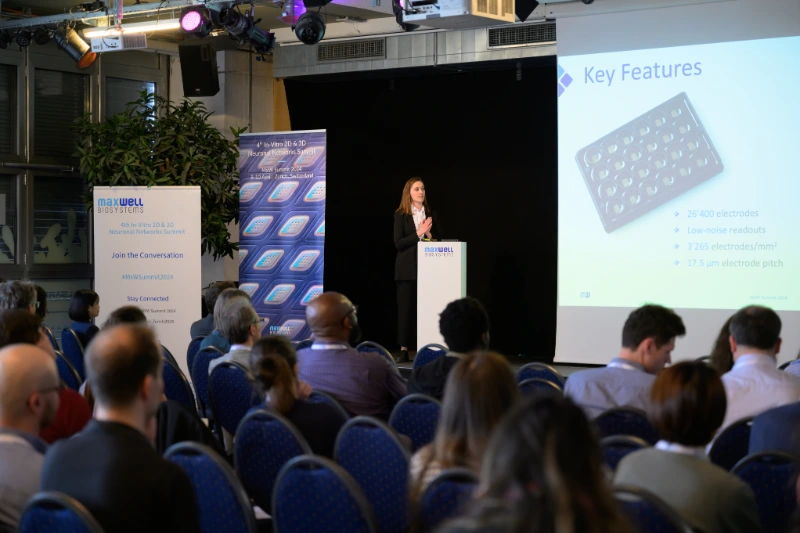
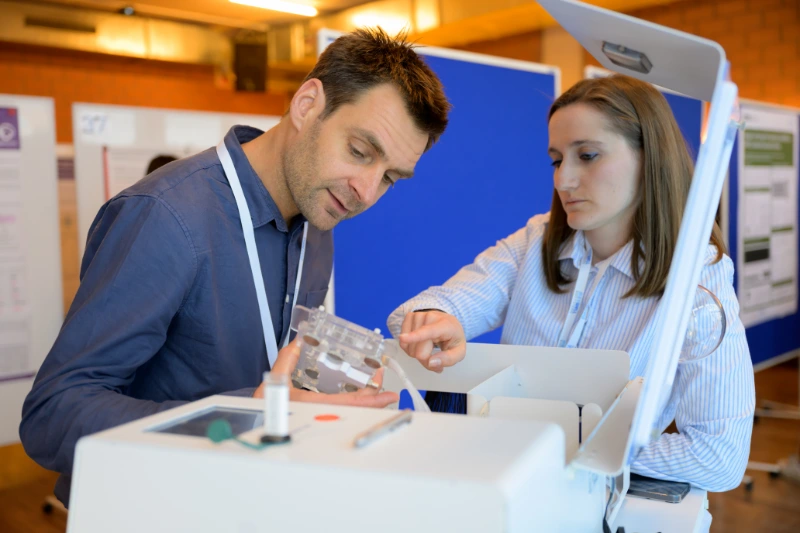
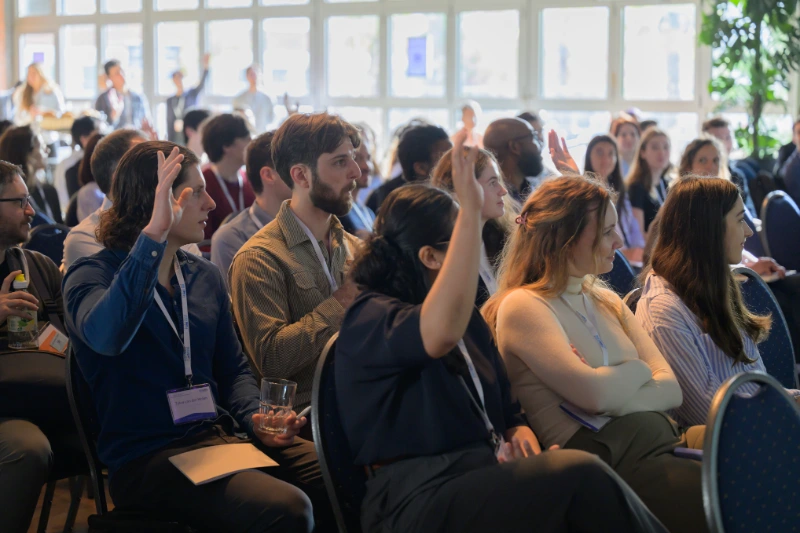
.webp)

MxW Summit
2023

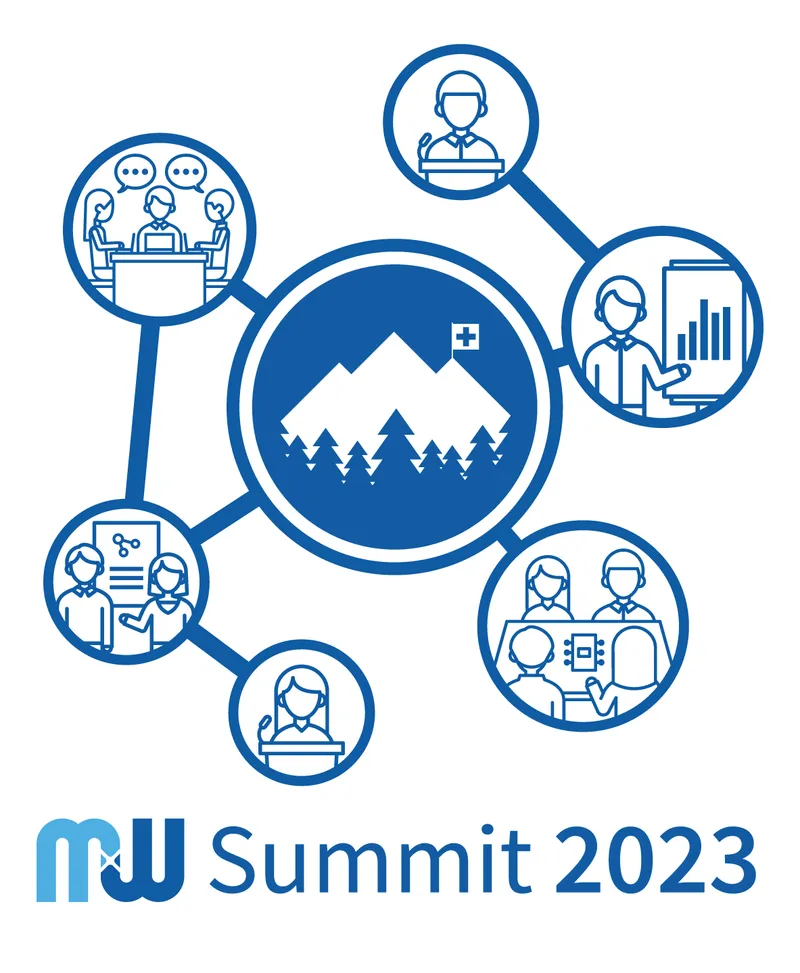
.webp)
.webp)
.webp)
.webp)
.webp)
.webp)


fig%202.avif)

